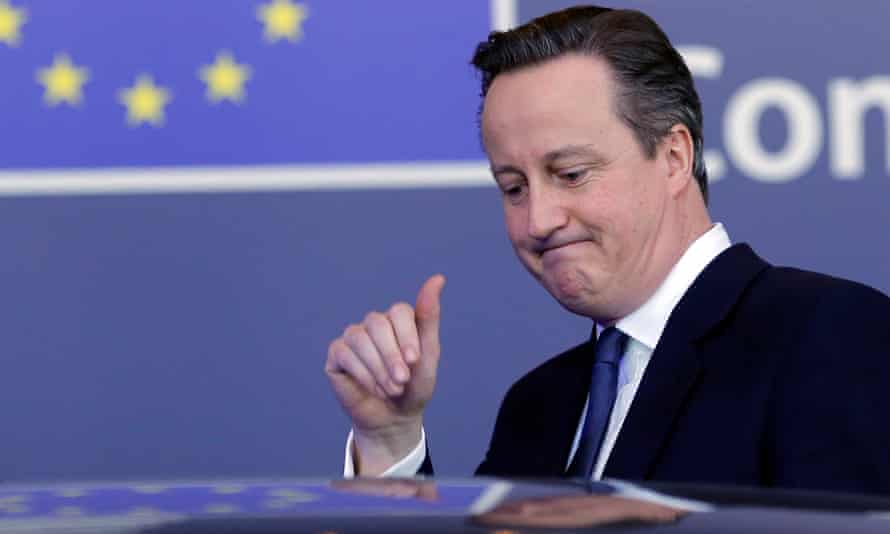By most standards Jacinda Ardern, prime minister of New Zealand, has shown herself a competent politician. Notable achievements include winning two elections, demonstrating (since some men questioned it) that maternity is compatible with national leadership, and guiding her country through the shocks of the Christchurch terrorist attack, a volcanic eruption and now the pandemic. New Zealand, cautious from the start, is likely to end this year with 25 deaths from Covid, having apparently achieved this result without Ardern quietly enriching her friends or exposing her country to international contempt.
Compared, then, with prevailing British standards, her record is dazzling, or to render it into Johnsonian, world-beating. As Britons resign themselves to years more chaotic, divisive, corrupt, untrustworthy and fatally incompetent governance, Ardern’s period in office, while imperfect, has been good enough to win international tributes, including recently an International Activist Award whose first recipient was Nelson Mandela.
In this context Ardern has spoken – again – about her self-doubt. She said she suffers – still, after three years in office – from impostor syndrome, a lack of confidence in her professional ability. Not, she insists, because she’s a woman. “However, I have on many occasions thought, ‘I cannot do that because it’s me’. Impostor syndrome is real.” With this she becomes the most eminent woman associated with impostor syndrome since Michelle Obama told British schoolgirls: ”It doesn’t go away, that feeling that you shouldn’t take me that seriously. What do I know? I share that with you because we all have doubts in our abilities, about our power and what that power is.”
That these doubts should be problematic has been pretty much an axiom in the endless discussions since imposter syndrome was first identified in 1978 – around the time women were really starting to infuriate male-dominated professions. No parallel term has, for some reason, caught on for the contrasting superpower: a pattern of idle over-confidence and assumptions about merited success that has rarely been more visible than throughout Brexit, starting with that paragon of baffling self-esteem David Cameron.

Where Ardern, politically active at 17, doubted her worthiness to be a national leader, Cameron, with no youthful history of political engagement, accounted for his ambition to become prime minister: “Because I think I’d be rather good at it.” Yet more impressive to anyone who considers self-doubt a negative attribute, Cameron remains ostentatiously unashamed for having instigated the current catastrophe, before quitting so that a series of fellow martyrs to unexamined self-esteem – twat syndrome? – could claim a Brexit deal would be “the easiest in human history”. Not that a self-doubt deficit is an exclusively Tory trait. Think of Tony Blair, unable to comprehend that his further interventions might be pointless; of Jeremy Corbyn, so undaunted by failure that he is agitating for a replacement pedestal.
With impostor syndrome established, however, as the problem, counsellors have naturally come forward with therapies to make clients more sure of themselves, to help banish thoughts that might range from “did I deserve that promotion?” to “am I really cut out to be pandemic health minister?”, or “does my much younger girlfriend really fancy me, or could there be another reason?” Working with the right therapist it’s possible, apparently, for sufferers to transcend these tendencies, the better to thrive in a culture in which the habits of fatuous entitlement, complacency and winging it are not just tolerated but idealised.
In the terrible biography of Churchill that it did not embarrass Boris Johnson to cobble together, he assumes readers will share his passion for “brio and self-confidence”, for a hero who “almost bursts with brio”, for yet more “brio and insolence” from a leader who “thinks of himself as a gigantic keystone in the arch”. So far is Johnson himself from entertaining any natural, Ardern-like modesty that the overwhelming evidence that he is, in practice, a world-beating liability, has only prodded him into wilder self-promotion, to the point of hiring a state photographer to immortalise his assorted victory poses. It’s probably superfluous to add that from any woman leader this kind of disturbing display – the press-ups, the mad hair, the boasting about butcher’s dogs – would have prompted immediate questions about mental stability.
If Caroline Criado Perez, the brilliant author of Invisible Women, has taught us anything, it’s to watch for the masculine default. In this case the association of authority with traditionally male exhibitions of extreme assurance. Refreshing as it is to hear an admired national leader like Ardern admit to brio-free moments and to compensatory hard work, their attribution to some sort of anomalous syndrome must encourage the similarly afflicted – predominantly women – to identify their experience as deviating from an approved norm.

If impostor syndrome is really an obstacle then Michelle Obama might want to work on hers in order to become more like, say, Jacob Rees-Mogg, a man who has indicated by lying down and closing his eyes, how little he struggles with being promoted far beyond his microscopic abilities. Instead of a warning, habitual posturing secured him a book contract, resulting in The Victorians, described as “so bad, so boring, so mind-bogglingly banal that if it had been written by anyone else it would never have been published”.
That there’s a bashful, pop-psychology term for self-doubt and hesitancy in leaders but no equivalent that pathologises individuals who take this status for granted, is clearly marvellous for the truly delusional group, and equally ghastly for their victims. In fact, when the world’s most high-achieving women – but never men – are still swapping inadequacies, it’s possibly time to accept that the survival of this dodgily multifaceted “syndrome” is just more evidence of enduring discrimination. Who needs to challenge women on their emotions or child-bearing in high office when, unprovoked, they’ll trace the uneasiness of the resented incomer to a problem within themselves?
• Catherine Bennett is an Observer columnist
This content was originally published here.
